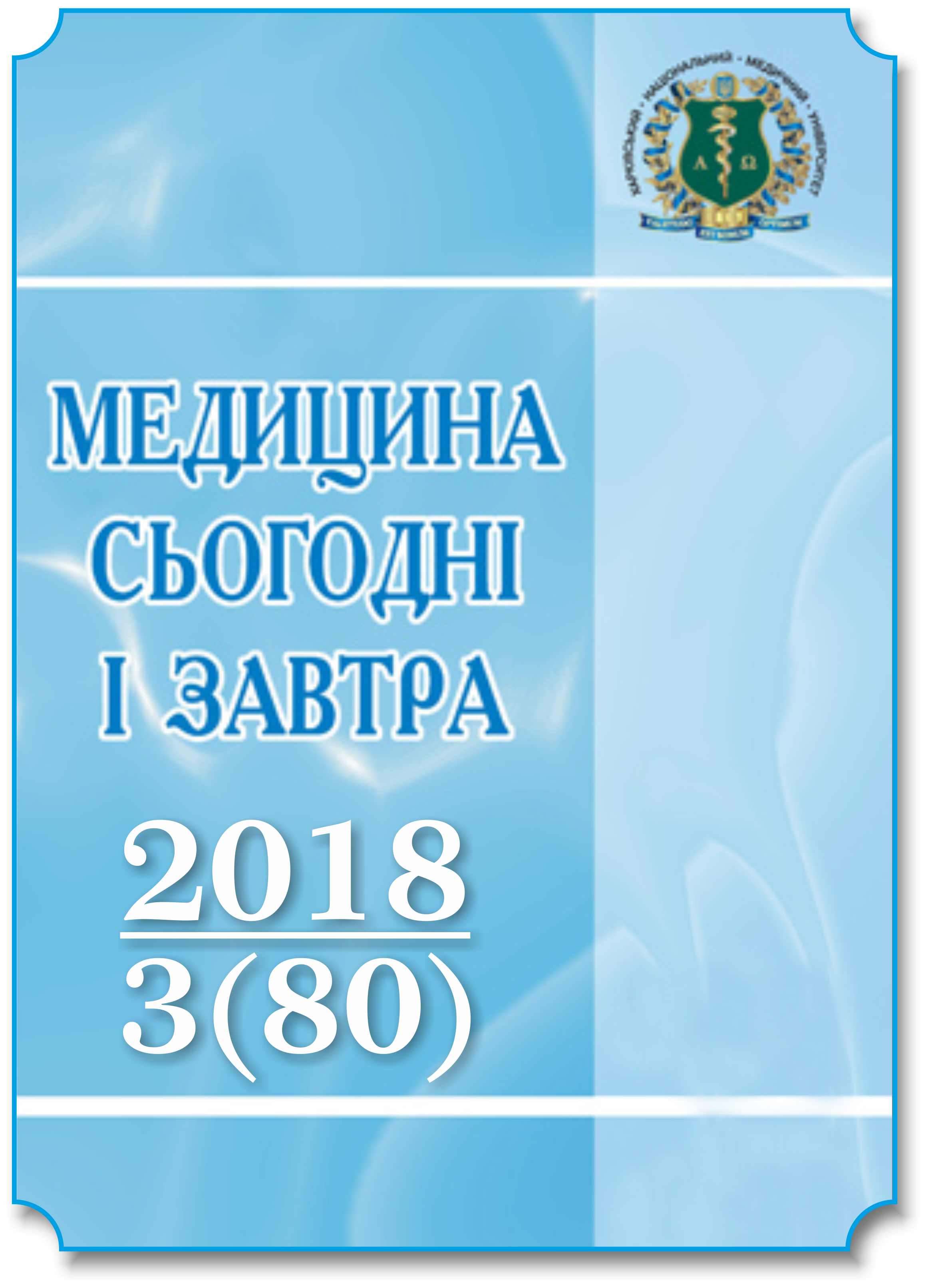Анотація
Визначали базові індивідуально-психологічні й інтерперсонально-комунікативні предиктори формування комунікативного альянсу в сім’ях, де проживають хворі з ендогенними психічними розладами. Особливості комунікативної установки та рівня комунікативної толерантності досліджували з використанням методики діагностики комунікативної установки В.В. Бойка, індивідуально-психологічні особливості особистості референтних родичів – за допомогою Фрайбурзького особистісного опитувальника. Обстежено 243 референтні родичі хворих на параноїдну шизофренію та афективні розлади – біполярний афективний розлад, рекурентний депресивний розлад. Групу контролю становили 55 психічно здорових осіб. Показано, що в референтних родичів пацієнтів з шизофренією та афективними розладами переважають негативна комунікативна установка зі зниженими показниками комунікативної толерантності та специфічні індивідуально-психологічні особливості особистості (невротичність, спонтанна агресивність, неврівноваженість), що створює певні перешкоди для ефективної інтерперсональної сімейної комунікації і гармонійного функціонування сім’ї, у якій проживає психічно хворий, у цілому. Неприйняття індивідуальних особливостей партнерів по комунікації, знижена здатність пробачати помилки або мимовільно завдані неприємності, невміння пристосовуватись до комунікативних партнерів та приховувати неприємні почуття при зіткненні з некомунікабельними якостями співрозмовника є факторами, що призводять до появи комунікативних девіацій, значно ускладнюють інтерперсональні відносини в сім’ях хворих з ендогенними психічними розладами та знижують можливості психосоціальної адаптації всіх членів сім’ї.
Посилання
Практикум по психосоциальному лечению и психосоциальной реабилитации психически больных / [под ред. И. Я. Гуровича, А. Б. Шмуклера]. – М. : Медпрактика–М, 2002. – С. 15–25.
Гусева О. В. Интегративная модель психотерапии эндогенных психических расстройств. Интеграция образовательного, когнитивно-поведенческого и психодинамического подходов. Руководство для врачей / О. В. Гусева, А. П. Коцюбинский. – СПб. : СПЕЦЛИТ, 2013. – С. 61–100.
Burden of care on caregivers of schizophrenia patients: a correlation to personality and coping / D. Geriani, K. S. Savithry, S. Shivakumar, T. Kanchan // J. Clin. Diagn. Res. – 2015. – Vol. 9 (3). – VC01–VC04.
Assessing health status in informal schizophrenia caregivers compared with health status in non-caregivers and caregivers of other conditions / S. Gupta, G. Isherwood, K. Jones, K. Van Impe // BMC Psychiatry. – 2015. – Vol. 15. – P. 162. – DOI : 10.1186/s12888-015-0547-1.
Challenges of family caregivers of patients with mental disorders in Iran: a narrative review / M. Akbari, M. Alavi, A. Irajpour, J. Maghsoudi // Iran J. Nurs. Midwifery Res. – 2018. – Vol. 23 (5). – P. 329–337.
Miklowitz D. J. Family-focused therapy for bipolar disorder: Reflections on 30 years of research / D. J. Miklowitz, B. Chung // Fam. Process. – 2016. – Vol. 55 (3). – P. 483–499.
Пшук Н. Г. Здатність до акцепції соціальної підтримки у пацієнтів із шизофренією та афективними розладами / Н. Г. Пшук, А. О. Камінська // Медична психологія. – 2017. – № 3 (47). – С. 40–43.
Райгородский Д. Я. Практическая психодиагностика. Методики и тесты / Райгородский Д. Я. – Самара : БАХРАХ–М, 2008. – С. 59–72.
